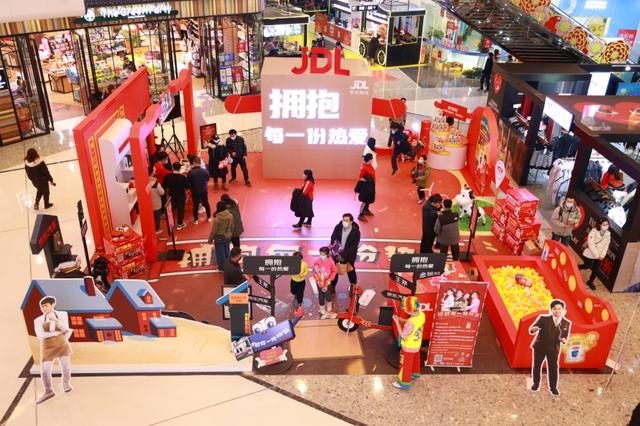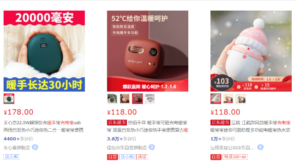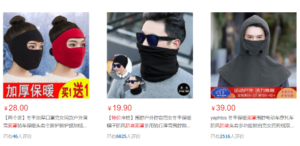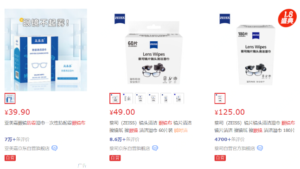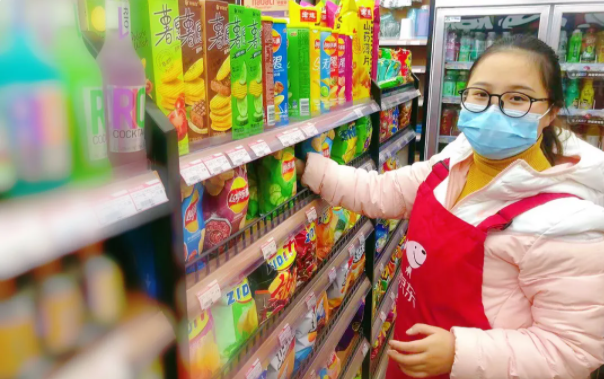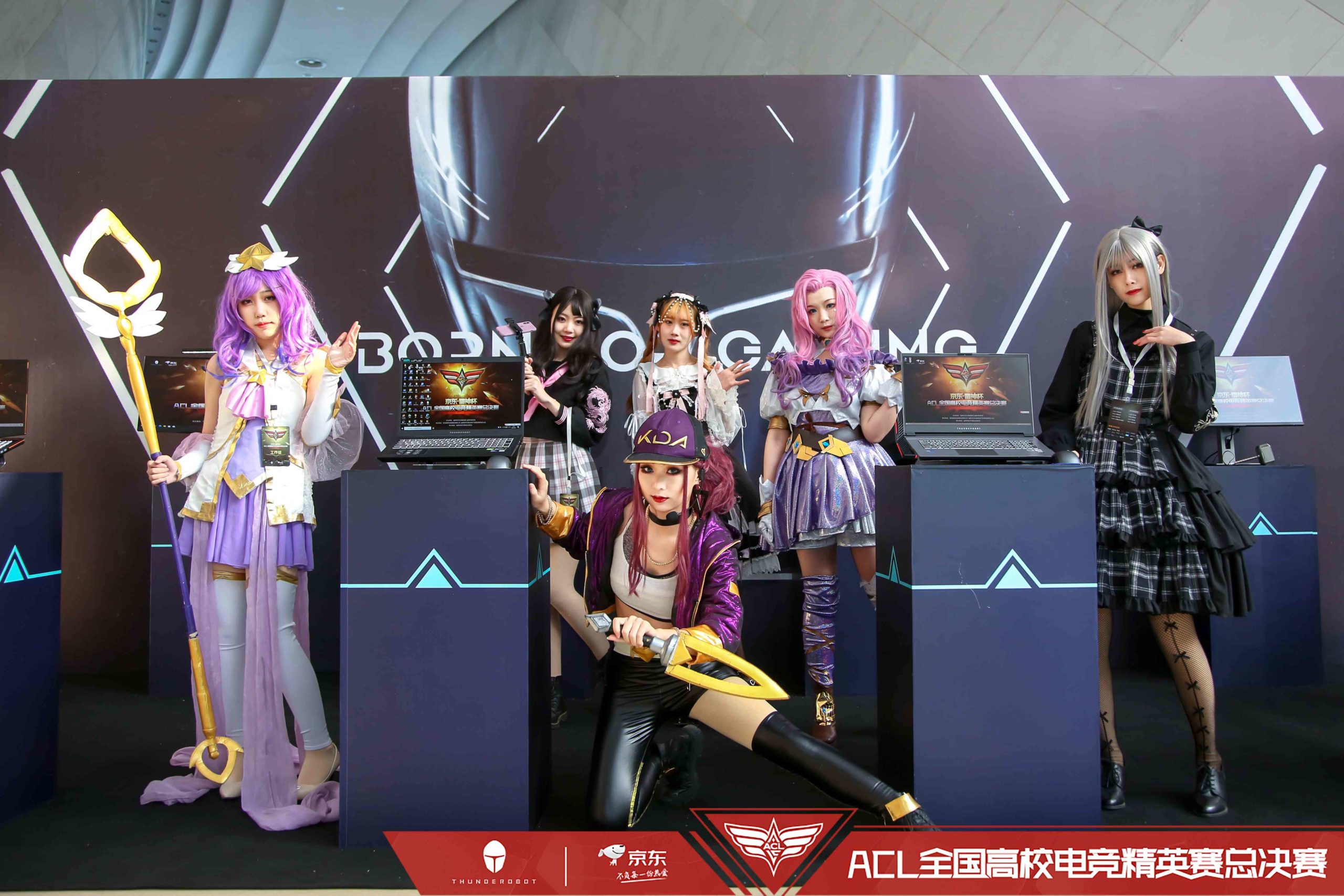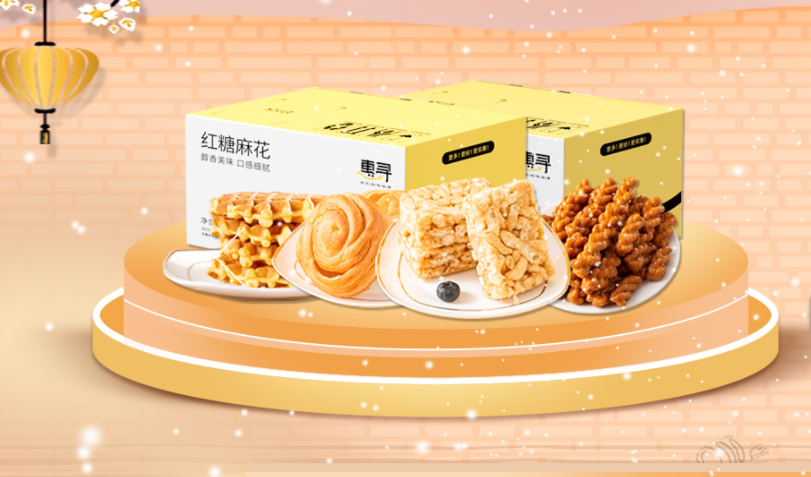by Ella Kidron
JD Worldwide, the international products platform under JD.com, opened a duty free store in Hainan province’s popular travel destination Sanya on Dec. 30, 2020. The store is located on the second floor of the central Sanya Hailv Duty Free City. Some customers eagerly flocked to the opening, while others narrowly missed it in an effort to get home to their loved ones to celebrate the New Year, but all were curious. They wanted to understand what JD brings to the duty free experience that is unique. In their reflection two themes come to light: product differentiation and the JD brand.
“JD’s duty free shop is quite different than others I’ve been to in the past,” said Ms. He. She is a veteran duty free shopper who typically tends towards beauty products, fashion, clothes and bags. “Since it is focused on computer and digital products and small appliances, it stands out in the duty free mall.” JD’s store includes over 30 hot-selling products from brands like De’Longhi. Ms. He continued: “It’s clean and clearly organized by section. Prices are attractive and selection is also expansive.” She offhandedly mentioned that due to people’s curiosity about the store, the lines were quite long on day one.
“When I first heard JD was doing duty free, I wanted to see how prices compared with the online platform,” she said. Products in the store can be found at a discount, on top of the attractive JD platform price. For Ms. He, there’s an added bonus of being in-store. “The person-to-person connection is really important when selecting products.” She appreciates the service element of shopping in brick-and-mortar duty free shops. It leaves her with more satisfaction at the end of shopping.
Ms. Fan is no stranger to duty free shopping, both at home in China and while abroad for business or leisure. She usually buys daily necessities, such as skincare products. Occasionally, she will also splurge on something like a nice bag. The experience of going into the store and getting to touch and feel the products is part of what draws her into the store. She left Hainan on the 30th, narrowly missing the opening of the JD store. “I’d like to go check it out and see what deals there are,” she said. She’s a regular JD customer. In the early stages of the COVID-19 outbreak, she took an interest in cooking and bought cooking equipment on JD.




